Leaders offer Shanghai tips on innovation
Corporate head says expansion of FTZ offers city a grand platform to try new ecosystem.
In around two months, the first electric cars by Tesla's 50 billion yuan ($7 billion) Gigafactory in Shanghai are likely to roll off the assembly line.
It is Tesla's first project outside the United States. The Palo Alto, California-based automotive company signed the deal with the Shanghai authorities in July last year to build the plant.
It took only six months for the facility to break ground in Shanghai's Lingang New Area after the signing of the contract and another year to commence operations.
Tao Lin, the global vice-president of Tesla, said the progress exemplified the efficiency of the special area, which was officially included into the China (Shanghai) Pilot Free Trade Zone on Aug 20 with a focus on high-end manufacturing industries such as integrated circuits and biomedicine.
Since then, the municipal government of Shanghai has announced a slew of measures for Lingang to make it an influential and competitive special economic zone in the world. These measures include relaxed regional administrative authority and preferential policies covering talent and finance, land use, industrial development, housing, transportation and infrastructure.
Tesla's Tao said Lingang has become a "dream place" for the company.
International business leaders too consider the latest expansion of Shanghai FTZ as a great opportunity to advance Shanghai's and China's position as a global leader in technology innovation as they met on Oct 20, during the 31th annual meeting of the International Business Leaders Advisory Council for the Mayor of Shanghai.
The IBLAC, which comprises executives of top multinational corporations, meets every year in Shanghai to advise the mayor on the city's development. This year's meeting focused on enhancing its capacity and core competitiveness, which according to Shanghai Mayor Ying Yong, determines the international status and influence of a city.
The meeting discussed three issues: free trade zone, integrated development of the Yangtze River Delta and new drivers for economic growth.
Peter Voser, chairman and CEO of ABB, Swiss-Swedish multinational corporation, said the expansion of Shanghai FTZ with the Lingang New Area offers the city "a grand platform" to experiment an innovation ecosystem, which is key to improving its capacity and core competitiveness.
"An innovation ecosystem requires first and foremost an attractive environment for high-tech companies, including good infrastructure, minimal bureaucracy, business-friendly tax structure, and a strong intellectual property regulatory framework." said Voser. "To foster an innovation ecosystem, the government should help companies access expertise and support to develop their operations and encourage a vibrant startup scene."
He applauded Shanghai's new policies in Lingang, especially those to attract scientific research talent.
The importance of talent to the city's development is echoed by many others, including Greg Clark, an academician of the British Academy and specialist in urban policy, who said that Shanghai's reputation as an international business city needs to continue to evolve around professionals living there to keep it competitive.
He said Shanghai has to consider its role not only in the Yangtze River Delta, but also ensure competitiveness and collaboration within the wider group of emerging Asia-Pacific cities.
According to Clark, Shanghai has made a great leap toward the Big Seven cities, including London, New York and Paris, and is very close to turning the "seven "into "eight".
"It's the big change, as we benchmark cities on their ability to be sustainable, livable and affordable over time and one of the advantages Shanghai has is that it has a very capable city government that has resources which are well organized," he said during the sidelines of the IBLAC meeting.
Clark also considered it a good idea for a city the size of Shanghai to retain a manufacturing economy, but important not to hold on to industries that need to modernize.
Ying, the mayor, promised the city's further effort into deepening reform and opening-up, facilitating innovation and culture, increasing economic density and boosting ecological conservation to enhance its capacity and core competitiveness.
"Shanghai has entered a new stage in which additional growth can and will come only through continuous innovation, which is why we are now promoting innovation driven development and economic transformation," said Ying.

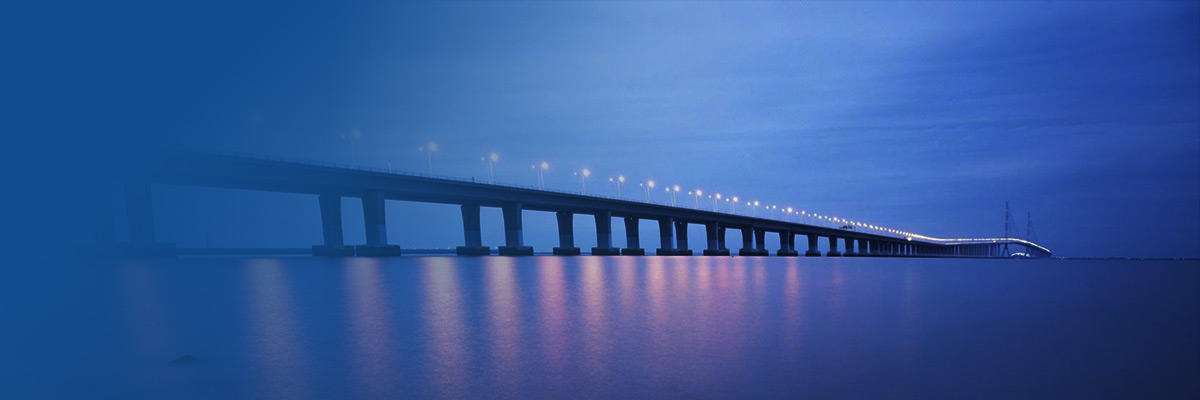
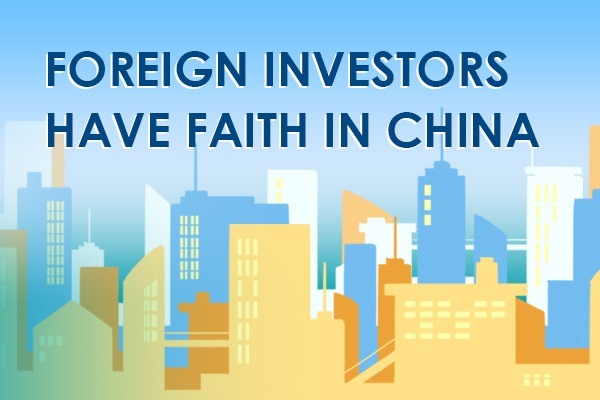 Foreign investors have faith in China
Foreign investors have faith in China 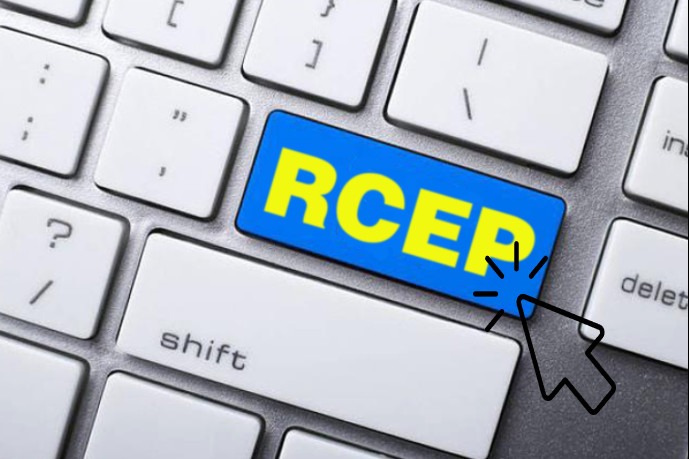 The RCEP era begins
The RCEP era begins 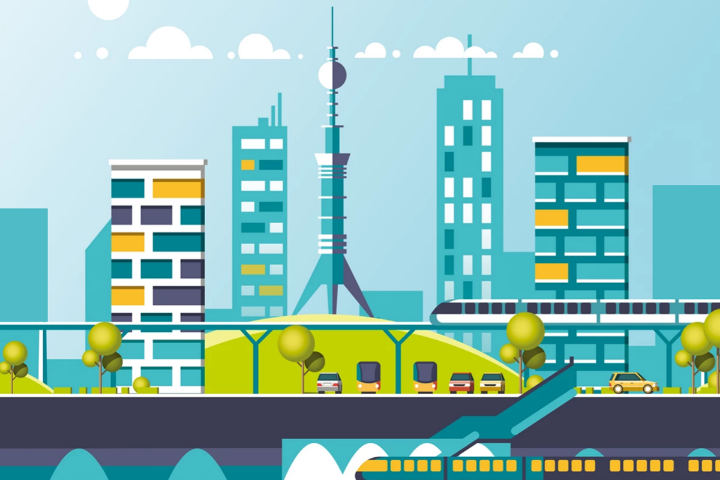 Yangtze River Delta integration: 3 years on
Yangtze River Delta integration: 3 years on 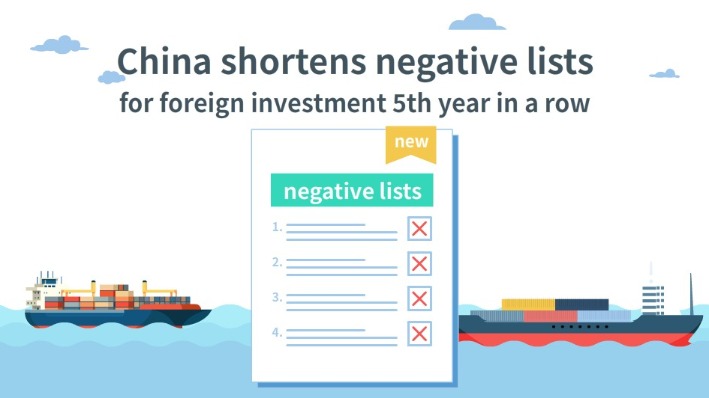 play
play 